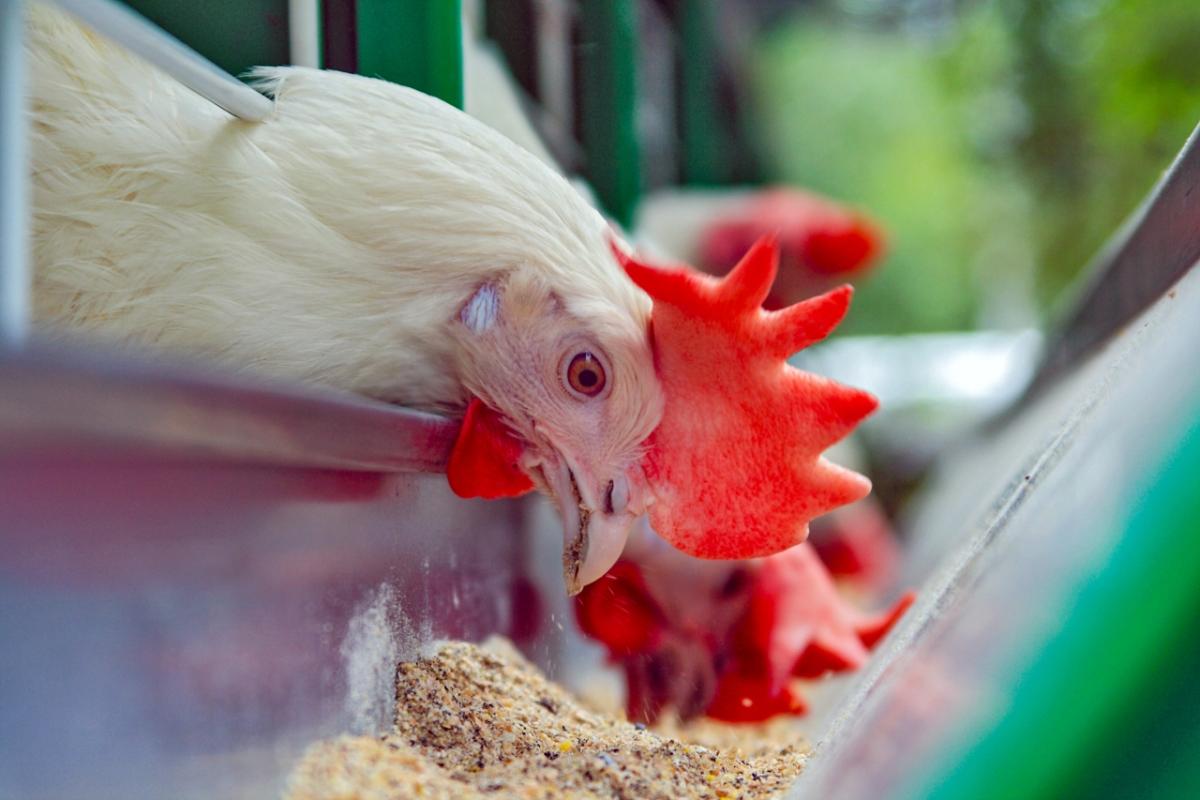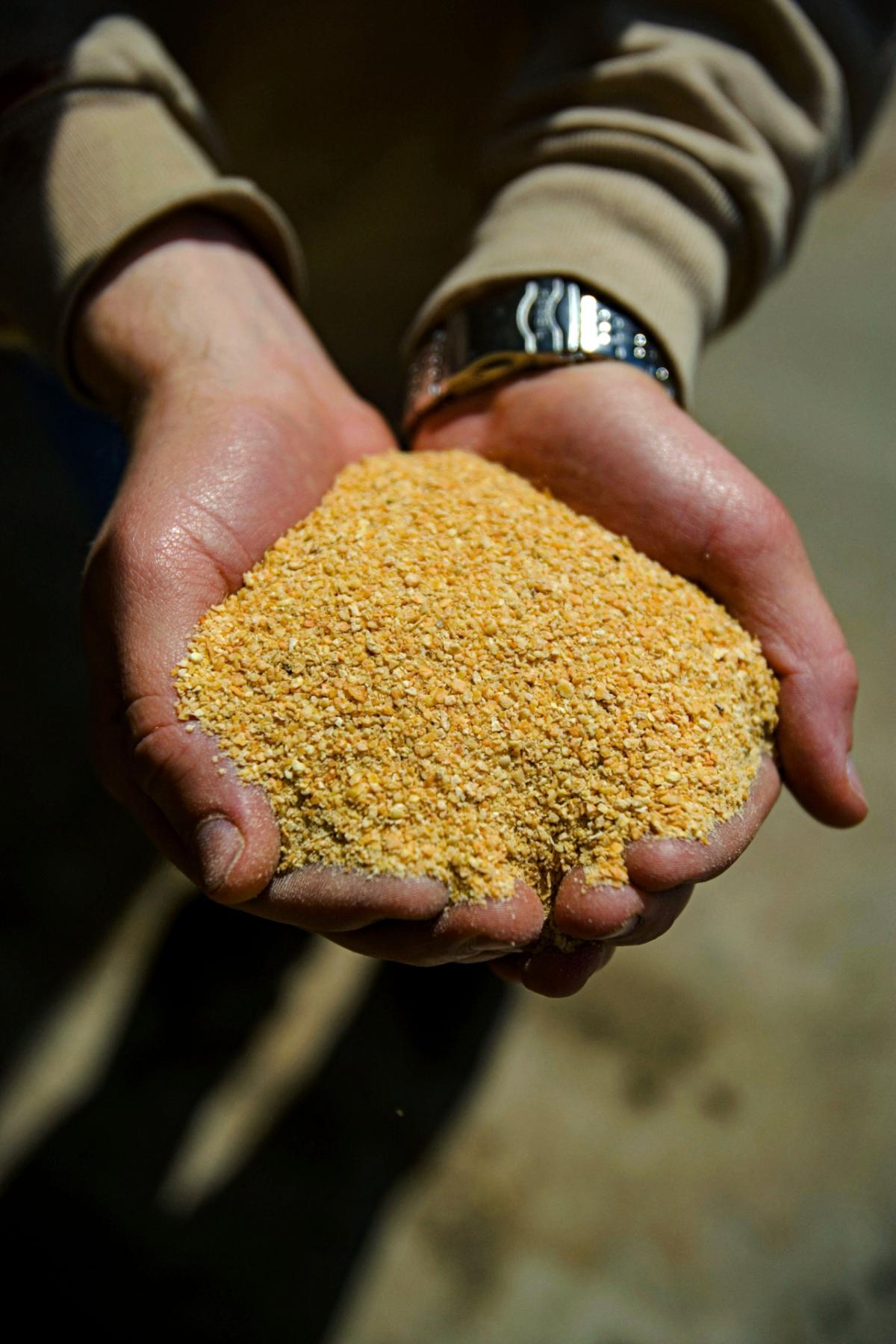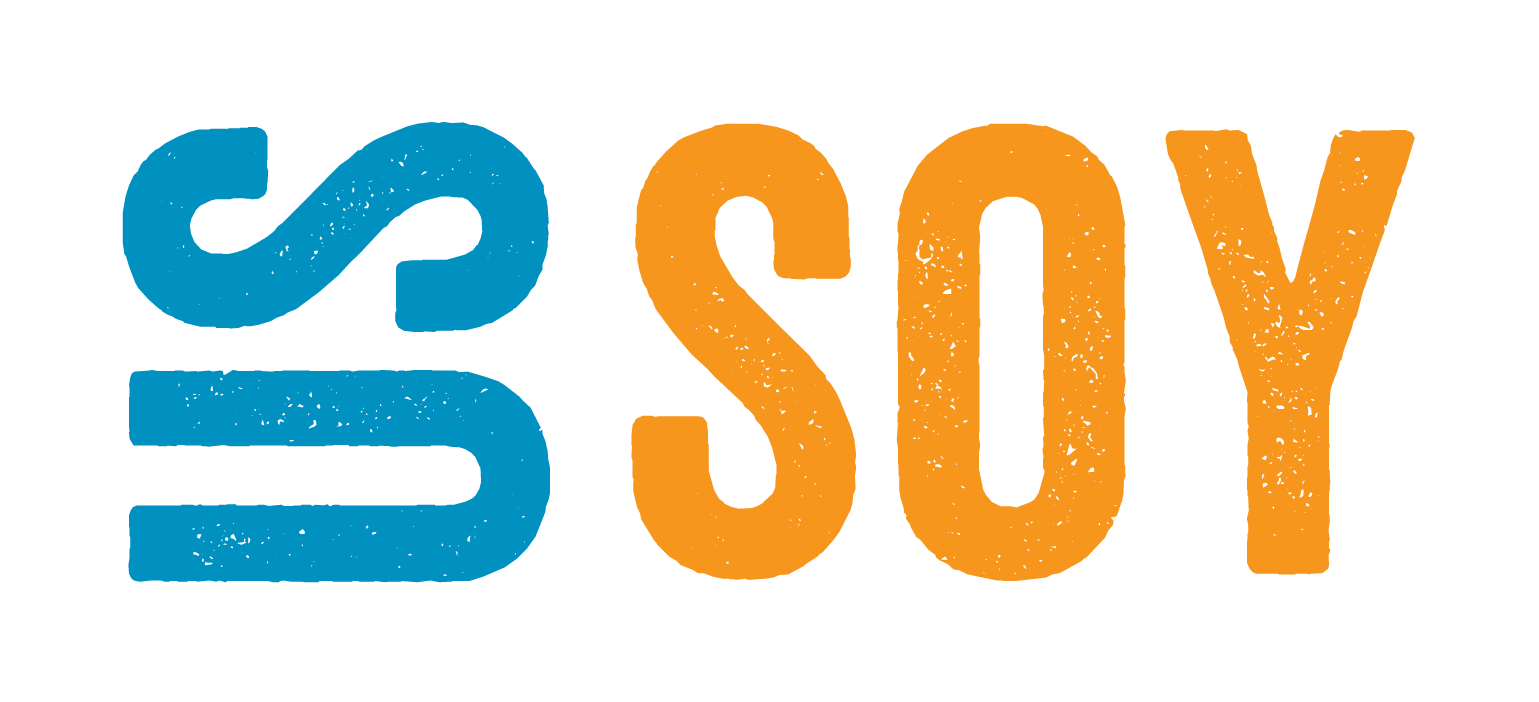U.S. Soy Achieves Key Benchmark Certifying Sustainable, Responsible Production for Customers Across the European Union
Independent Benchmarking Against FEFAC Soy Sourcing Guidelines 2021 Confirms U.S. Soy’s Promise of Industry-Leading Sustainable Farming and Land Conservation Practices
BRUSSELS, January 6, 2022 /3BL Media/ - Soy Export Sustainability, LLC, and the U.S. Soybean Export Council (USSEC) announced that the U.S. Soy Sustainability Assurance Protocol (SSAP) has passed stringent independent benchmarking to confirm its compliance with FEFAC Soy Sourcing Guidelines 2021. The FEFAC guidelines are designed to support transparency in soy sourcing for 27 European nations.
FEFAC, the European Compound Feed Manufacturers’ Federation, finalized updated guidelines earlier this year to provide EU buyers with even stronger assurances regarding sources of sustainably produced soy products, including criteria to confirm “conversion-free” soy, or crops that are produced without the need to convert forestland or natural habitats to farmland. U.S. Soy’s SSAP program was also recognized as compliant with previous 2015 FEFAC guidelines, and it remains the only nationwide program to achieve such certification.
The FEFAC compliance announcement is the latest in a series of key accomplishments and recognition for sustainable U.S. Soy. SSAP was recognized for meeting the Olympic and Paralympic Games Tokyo 2020 Organizing Committee’s sustainable sourcing code for agricultural products, the Global Seafood Alliance’s Best Aquaculture Practices, and the Consumer Goods Forum’s Sustainable Soy Sourcing Guidelines.
Additionally, U.S. Soy achieved a key milestone earlier this year, passing 100 million metric tons of soy shipped under the SSAP program since its inception in 2013. Currently, about 80% of U.S. Soy exports to Europe are verified under SSAP.
“U.S. Soy farmers understand the pivotal role they play in addressing key societal challenges: they deliver protein to help feed a growing population and renewable fuel to power it, but they must also produce more while using fewer resources and mitigating the impact of climate change,” said Abby Rinne, Director of Sustainability at USSEC. “SSAP helps us not only to advance these goals, but to verify them. It is one of the largest sustainability verification programs in the agriculture industry, outlining biodiversity, sustainable production practices, public and labor health and continuous improvement of farming practices.”
FEFAC Soy Sourcing Guidelines 2021 include a wide range of agricultural, environmental and social criteria to collectively represent the European feed industry's requirements for responsibly produced soy. Benchmarking for FEFAC Soy Sourcing Guidelines 2021 is facilitated by the International Trade Centre (ITC), a joint agency of the United Nations and the World Trade Organization aiming to foster inclusive and sustainable growth and development through trade and international business development.
“The experience shows that FEFAC is fully delivering on its ambition to provide market transparency on the availability of conversion-free soy, with numerous programs taking inspiration from the FEFAC Soy Sourcing Guidelines 2021 to amend or formulate new requirements in this aspect,” said FEFAC President Asbjørn Børsting. “With a view to the announced European Commission proposal for deforestation-free supply chains and the COP26 pledge to end deforestation by 2030, we have demonstrated that the soy supply chain is ready to deliver a mainstream market supply of responsible and conversion-free soy to the European feed sector.”
SSAP is a certified aggregate approach, audited by third parties, that verifies sustainable soybean production at a national scale for U.S. origin soybeans. Approximately 20,000 third-party audits are conducted annually by the U.S. Department of Agriculture (USDA). At the same time, SSAP includes pledges to continually drive innovation and agricultural best practices to enhance sustainability over time. Since 1980, U.S. Soy farmers have improved:
- Land use efficiency by 40%
- Water use efficiency by 32%
- Energy use efficiency by 35%
- Greenhouse gas emissions efficiency by 38%
- Soil conversation by acre by 47%
By 2025, U.S. Soy has established goals for further improvements, including:
- Reduce land use impact by 10% (acres per bushel)
- Reduce soil erosion by 25% (tons per bushel)
- Increase energy use efficiency by 10% (BTUs per bushel)
- Reduce total greenhouse gas emissions by 10% (pounds CO2-equivalent gasses emitted per year)
U.S. Soy farmers are realizing these gains by employing a range of sustainability best practices, including cover crops, crop rotation and conservation tillage, to maximize yields while also capturing carbon from the atmosphere and conserving soil, water and other precious natural resources. Advances in technology, such as precision farming equipment and drones, also support more sustainable farming.
These efforts advance United Nations (UN) Sustainable Development Goals (SDGs), which provide a shared blueprint for peace and prosperity for people and the planet, now and into the future. U.S. Soy initiatives support SDG Goal 2: Zero Hunger, and intersect with other goals such as Clean Water and Sanitation, Responsible Consumption and Production, Climate Action, Life on Land, and Partnership.
About U.S. Soybean Export Council (USSEC)
The U.S. Soybean Export Council (USSEC) is a dynamic partnership of U.S. soybean producers, processors, commodity shippers, merchandisers, allied agribusinesses, and agricultural organizations working to build preference for U.S. Soy throughout the world. Through a global network of international offices and strong support in the U.S., USSEC works to build a preference for U.S. soybeans and soybean products, advocates for the use of soy in feed, aquaculture and human consumption, promotes the benefits of soy use through education, and connects industry leaders through a robust membership program. USSEC is partially funded by the United Soybean Board. Learn more at www.ussec.org.



